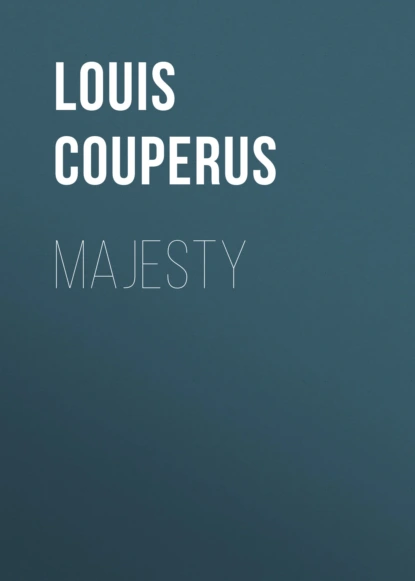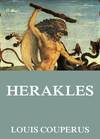Umfang 310 Seiten
Über das Buch
In «Majesty,» Louis Couperus delves into the intricacies of human relationships, set against the opulent backdrop of the Dutch monarchy. Through richly textured prose, Couperus crafts a narrative that intertwines themes of love, power, and moral decay. The novel, reflecting the Symbolist movement of the late 19th century, is characterized by its lyrical beauty and psychological depth, employing a multi-faceted perspective to explore the lives of aristocrats grappling with both personal and societal expectations. The vivid imagery and profound insights into the human condition make this work a salient critique of the superficiality of high society. Louis Couperus, an eminent figure in Dutch literature, was deeply influenced by his early travels and the complex socio-political environment of his time. Born in 1863, his experiences in Java and his fascination with the interplay of cultural identities led him to explore themes of decadence and existential longing, which resonate throughout «Majesty.» His exposure to European literary movements, particularly Symbolism and Impressionism, also shaped his narrative technique, allowing him to create poignant, multi-layered characters. «Majesty» is highly recommended for readers who appreciate introspective literature that challenges conventional norms and provokes critical thought about societal structures. Couperus' ability to weave the personal with the political offers a timeless exploration of human nature, making this novel a must-read for anyone interested in the complexities of love and duty within the lattice of power.




















